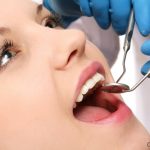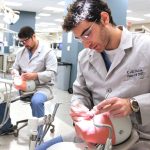When Can I Smoke After Wisdom Teeth Removal: A Comprehensive Guide
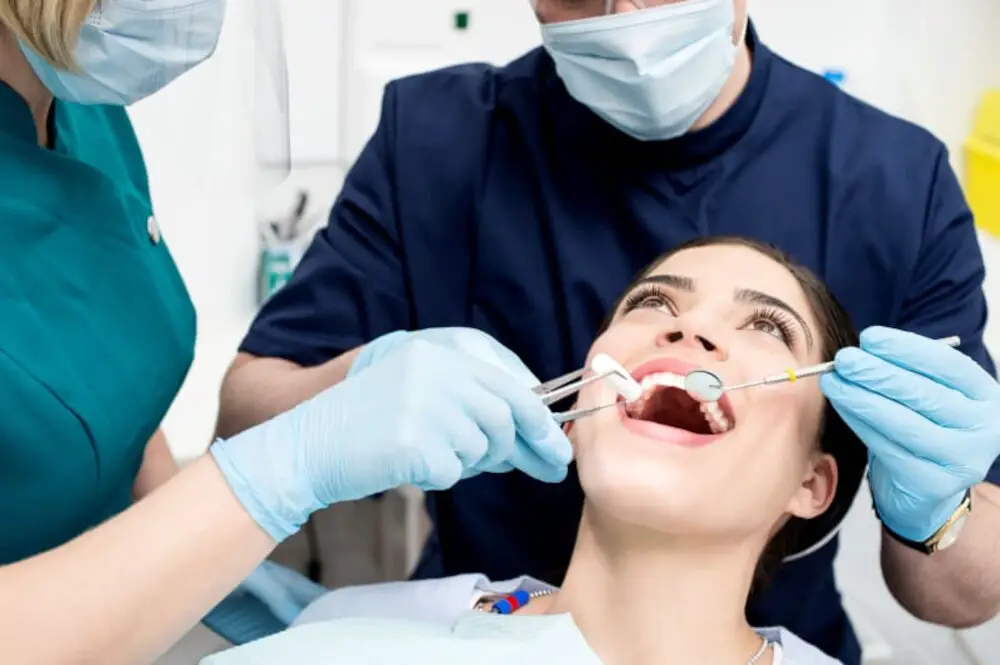
Wisdom teeth removal is a common dental procedure that many people undergo in their lifetime. Although it is a routine operation, it can cause discomfort and pain for several days after the surgery. One of the most common questions that arise after wisdom teeth removal is when a person can smoke. Smoking can be detrimental to the healing process and delay the recovery time. In this comprehensive guide, we will discuss when it is safe to smoke after wisdom teeth removal, the risks associated with smoking, and tips to help you quit smoking altogether. The recovery time after wisdom teeth removal can vary depending on the individual’s age, overall health, and the number of teeth extracted. Smoking can lead to several complications, such as dry socket, infection, and delayed healing. Dry socket is a painful condition that occurs when the blood clot that forms in the socket where the tooth was removed becomes dislodged or dissolves before the wound has healed. Smoking can also reduce blood flow to the gums, which can slow down the healing process. Therefore, it is essential to understand the risks associated with smoking after wisdom teeth removal and follow the dentist’s instructions carefully to ensure a successful recovery.
Wisdom teeth removal is a common dental surgical procedure that involves the extraction of one or more of the four molars located at the back of the mouth. It is usually done when the teeth do not have enough space to grow properly, causing pain, discomfort, or other dental issues. While smoking is generally discouraged after any surgical procedure, it is of particular concern after wisdom teeth removal. Smoking can increase the risk of complications such as dry socket, a painful condition that occurs when the blood clot that forms in the socket after the extraction is dislodged, exposing the underlying bone and nerves. Smoking can also delay the healing process, increase the risk of infection, and compromise the immune system. Therefore, it is highly recommended to avoid smoking for at least 48 hours after wisdom teeth removal and to quit smoking altogether to improve overall dental and general health.
Why Smoking After Wisdom Teeth Removal is Dangerous
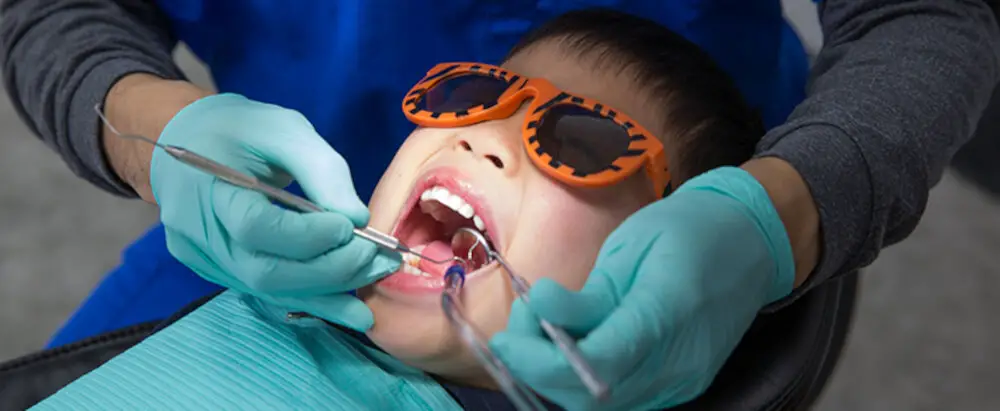
After wisdom teeth removal, smoking can be incredibly dangerous for a number of reasons. First and foremost, smoking slows down the healing process. This is because smoking reduces blood flow and oxygen levels in the body, which are critical components of the healing process. Without proper blood flow and oxygen levels, the body is unable to repair damaged tissue and fight off infection. This can lead to prolonged healing times, increased pain and discomfort, and even the development of dry socket, a painful condition that occurs when the blood clot that forms in the socket is dislodged or dissolves before the wound has healed. In addition to slowing the healing process, smoking also increases the risk of infection. Cigarette smoke contains a number of harmful chemicals that can irritate the gums and oral tissues, making it more difficult for the body to fight off infection. This can lead to a number of complications, including abscesses, gum disease, and even bone loss. Another reason smoking after wisdom teeth removal is dangerous is that it can cause a number of other health problems. Smoking is one of the leading causes of oral cancer, and it can also increase the risk of heart disease, stroke, and other serious health problems. In addition to these long-term health risks, smoking can also cause short-term problems like bad breath, yellowing of the teeth, and increased sensitivity to hot and cold temperatures. For all of these reasons, it is critical that patients avoid smoking for at least 72 hours after wisdom teeth removal, and preferably for longer. In some cases, dentists may recommend that patients quit smoking altogether in order to maintain good oral and overall health.
Dry socket is a painful complication that can occur after a tooth extraction, specifically when the blood clot that forms in the socket becomes dislodged or dissolves before the wound can heal. This leaves the underlying nerves and bone exposed, causing intense pain and discomfort. Several factors can contribute to the development of dry socket, including smoking, as the suction can dislodge the clot. Poor oral hygiene, trauma to the extraction site, and certain medications or medical conditions that affect blood clotting can also increase the risk. Proper post-operative care, such as avoiding smoking and maintaining good oral hygiene, can help prevent the occurrence of dry socket.
Dry socket is a painful condition that can occur after wisdom teeth removal. Smoking can increase the risk of developing a dry socket because it affects the blood flow to the area and delays healing. Nicotine in cigarettes constricts blood vessels, which reduces the amount of oxygen and nutrients that can reach the surgical site. This can impair the body’s ability to form a blood clot, which is necessary for proper healing. Additionally, smoking can introduce harmful bacteria into the mouth, which can lead to infection and further delay healing. Therefore, it is recommended to avoid smoking for at least 72 hours after wisdom teeth extraction to minimize the risk of developing a dry socket.
One of the most common complications that can arise after wisdom teeth removal is dry socket. This condition occurs when the blood clot that forms in the socket where the tooth was extracted becomes dislodged or dissolves, exposing the bone and nerves underneath. Symptoms of dry socket may include severe pain that radiates to the ear or eye on the same side as the extraction site, a foul taste or odor in the mouth, and visible bone in the socket. In some cases, patients may also experience swelling of the lymph nodes and difficulty opening their mouth. If you suspect you are experiencing dry socket, it is important to contact your dentist or oral surgeon immediately for proper treatment.
How Long to Wait Before Smoking After Wisdom Teeth Removal
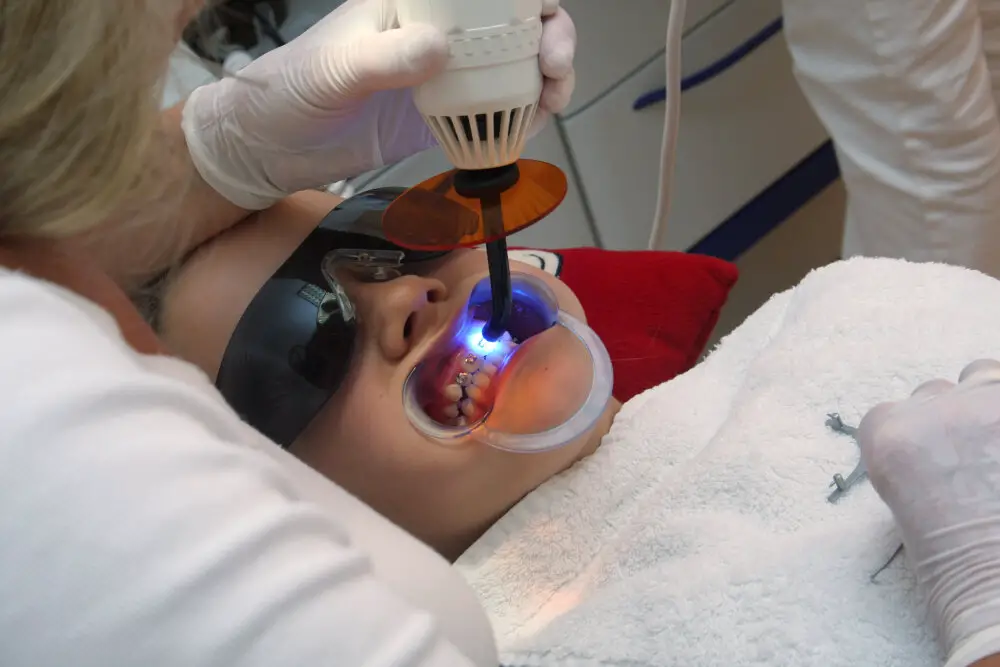
After a wisdom teeth removal surgery, a patient must wait for a certain period before resuming smoking. Smoking after wisdom teeth removal can cause a lot of complications and delay the healing process. The smoke can irritate the wound and cause it to become inflamed, which can result in pain, swelling, and bleeding. Furthermore, smoking can also lead to a dry socket, which is a condition where the blood clot in the socket is dislodged, exposing the bone and nerves, and causing significant pain. Therefore, it is essential to follow the instructions given by the dentist to ensure a smooth healing process. The waiting period before smoking after wisdom teeth removal can vary from person to person and also depends on the type of extraction. In general, it is advisable to wait for at least 48 to 72 hours before smoking. However, if the extraction was complicated or involved the removal of multiple teeth, the waiting period may be longer. Additionally, smoking can also delay the healing process, so it is recommended to quit smoking altogether, especially during the initial healing period. In conclusion, it is vital to follow the dentist’s instructions to avoid complications and ensure a smooth and speedy recovery after wisdom teeth removal.
After wisdom teeth removal, the healing process can take anywhere from a few days to several weeks. The first 24-48 hours are the most critical, as this is when bleeding and swelling are most likely to occur. Generally, patients can expect to experience some discomfort and pain for the first few days, which can be managed with pain medications and cold compresses. Over the next few days, the swelling should begin to subside, and patients may start to feel more comfortable. By the end of the first week, most patients should be able to resume most normal activities, although strenuous activity and smoking should still be avoided. Full healing can take several weeks or even months, depending on the individual, and it is important to follow all post-operative instructions provided by your dentist or oral surgeon to ensure a smooth recovery.
Several factors can impact the healing time after wisdom teeth removal. Firstly, the complexity of the extraction procedure can play a significant role. If the teeth were impacted or required surgical removal, the healing process may take longer than a simple extraction. Secondly, individual healing rates can vary based on age, overall health, and immune system function. Smokers may also experience delayed healing due to the impact of nicotine on blood flow and the immune system. Additionally, following aftercare instructions, such as avoiding smoking and maintaining proper oral hygiene, can help facilitate the healing process.
After wisdom teeth removal, it is crucial to avoid smoking for at least the first 48-72 hours, as the sucking motion can dislodge blood clots and hinder the healing process. Nicotine can also constrict blood vessels and slow down the healing process, increasing the risk of dry socket, infection, and other complications. The length of time before it is safe to smoke again varies depending on the individual’s healing progress and the extent of the tooth extraction procedure. In general, it is recommended to wait at least a week before smoking again and to gradually increase smoking frequency to avoid any negative effects on the healing process. It is best to consult with a dental professional for personalized advice on when it is safe to resume smoking after wisdom teeth removal.
Alternatives to Smoking After Wisdom Teeth Removal

After wisdom teeth removal, it is essential to avoid smoking for at least 72 hours as it can cause several complications. Smoking can delay the healing process, increase the risk of infection, and cause dry socket, which is a painful condition where the blood clot in the extraction site dislodges. Therefore, it is crucial to find alternative ways to cope with nicotine cravings to avoid the negative consequences of smoking. One of the best options is nicotine replacement therapy, which includes nicotine patches, gum, or lozenges. These products contain a small amount of nicotine that can help ease the withdrawal symptoms and reduce the urge to smoke. However, it is essential to follow the instructions carefully and avoid using them for an extended period. Another alternative to smoking after wisdom teeth removal is to consume nicotine-free products, such as herbal cigarettes, which are made from plant materials like mint, clover, and chamomile. These cigarettes provide a similar experience to smoking without the harmful effects of nicotine. Additionally, they can help reduce stress and anxiety, which are common after oral surgery. Another option is to switch to vaping, which involves using an electronic cigarette that heats a liquid to produce vapor instead of smoke. However, it is crucial to note that vaping can also cause dry socket and other complications if used too soon after wisdom teeth removal. Therefore, it is best to wait until the extraction site is fully healed before attempting to vape or smoke again.
Nicotine replacement therapy (NRT) is an effective way to help individuals quit smoking or reduce their nicotine intake without experiencing withdrawal symptoms. There are several NRT options available such as nicotine gum, patches, lozenges, inhalers, and nasal sprays. These products work by delivering nicotine into the body in smaller doses, which helps to reduce cravings and withdrawal symptoms. Nicotine gum is a popular option as it allows individuals to chew a piece of gum whenever they feel the urge to smoke. Nicotine patches are also a great choice for those who prefer a low-maintenance option, as they can be worn on the skin and are effective for up to 24 hours. It is important to note that NRT should only be used under the guidance of a healthcare professional and as part of a comprehensive smoking cessation program.
There are various ways to cope with nicotine cravings after wisdom teeth removal that don’t involve smoking. One of the most effective methods is to use nicotine replacement therapy, such as nicotine gum or patches. These products can help reduce withdrawal symptoms and gradually wean you off nicotine. Additionally, engaging in physical activity or relaxation techniques, such as yoga or meditation, can help reduce stress and distract you from cravings. Drinking plenty of water and snacking on healthy foods, such as fruits and vegetables, can also help keep your mouth and body occupied and reduce the urge to smoke. Ultimately, quitting smoking altogether is the best way to ensure a healthy recovery after wisdom teeth removal.
Avoiding smoking during the healing process after wisdom teeth removal can provide numerous benefits for the patient’s overall health. Smoking delays the healing process and increases the risk of developing complications such as dry socket, infection, and bleeding. Additionally, smoking can also cause damage to the oral tissues, resulting in prolonged pain and discomfort. By refraining from smoking, patients can ensure proper blood flow to the surgical site, reducing inflammation and promoting faster healing. Furthermore, avoiding smoking can also decrease the risk of developing oral cancer and other respiratory illnesses, resulting in improved overall health and well-being. Therefore, it is highly recommended that patients refrain from smoking for at least 72 hours after wisdom teeth removal to ensure optimal healing and recovery.
Tips for Avoiding Dry Socket After Wisdom Teeth Removal
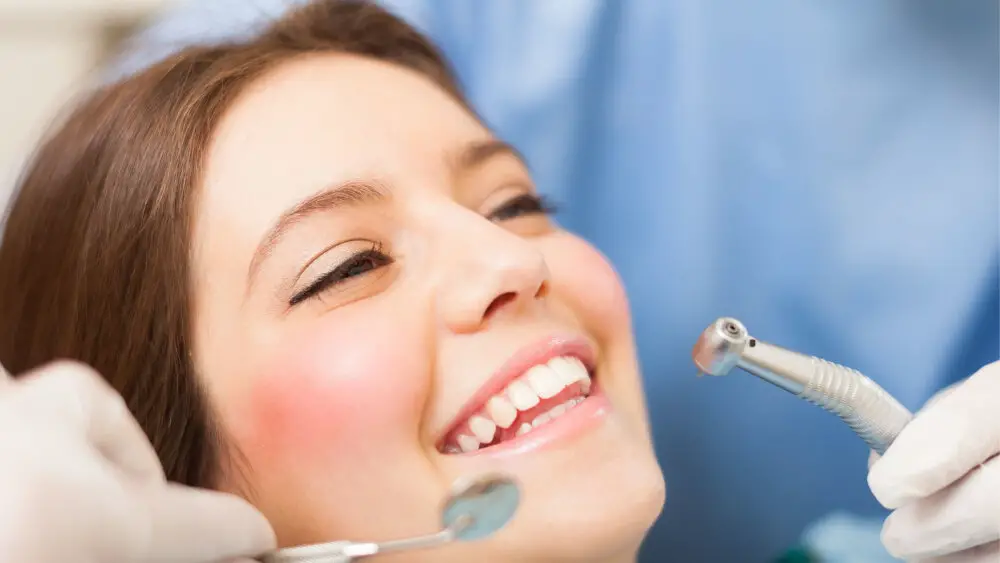
After having your wisdom teeth removed, it is crucial to take care of the surgical site to avoid complications such as dry socket. Dry socket is a painful condition that occurs when the blood clot that forms after the tooth extraction is dislodged or dissolves, exposing the bone and nerves. To prevent dry socket, there are several tips that you can follow. Firstly, avoid smoking, chewing tobacco, or using any nicotine products for at least 72 hours after the surgery. Nicotine can delay the healing process and increase the risk of dry socket. It is best to wait at least a week before smoking or using any nicotine products. Secondly, avoid drinking through a straw or spitting for the first 24 hours after surgery. The suction created by these actions can dislodge the blood clot and increase the risk of dry socket. After 24 hours, you can gently rinse your mouth with saltwater to help keep the surgical site clean. However, avoid rinsing too vigorously as this can also dislodge the blood clot. By following these tips and taking care of the surgical site, you can reduce the risk of dry socket and ensure a smooth recovery after wisdom teeth removal.
Postoperative care is crucial in reducing the risk of dry socket after wisdom teeth removal surgery. To avoid this painful condition, patients should avoid smoking, using straws, or spitting for at least 72 hours following the procedure. Additionally, eating soft foods and keeping the mouth clean by gently rinsing with salt water can promote healing and prevent infection. Over-the-counter pain relievers can be taken as directed to manage discomfort. It is important to follow the dentist’s instructions closely and attend follow-up appointments to ensure proper healing and prevent complications. By taking these precautions, patients can promote a successful recovery and avoid the discomfort of dry socket.
After wisdom teeth removal, it is extremely important to avoid certain foods and drinks in order to promote proper healing and minimize the risk of complications. Firstly, hard and crunchy foods such as chips, nuts, and popcorn should be avoided as they can easily get lodged in the extraction site and cause irritation. Additionally, acidic and carbonated drinks such as soda, energy drinks, and citrus juices should be avoided as they can irritate the wound and delay healing. Smoking and alcohol consumption should also be avoided as they can impair healing and increase the risk of infection. It is best to stick to soft and nutritious foods such as soups, smoothies, and mashed potatoes during the recovery period.
Proper oral hygiene practices are essential for maintaining healthy teeth and gums, especially after wisdom teeth removal. Brushing twice a day with a soft-bristled brush and fluoride toothpaste helps to remove food particles and plaque that can lead to gum disease and tooth decay. Flossing daily is also crucial to remove plaque and debris from hard-to-reach areas between teeth. After wisdom teeth removal, it is recommended to avoid smoking for at least 72 hours as it can delay the healing process and increase the risk of complications. Rinsing with saltwater or prescribed mouthwash can also help to keep the mouth clean and promote healing. By following these oral hygiene practices, you can ensure a speedy recovery and maintain good oral health.
Smoking after wisdom teeth removal can be extremely hazardous to one’s oral health. The act of smoking can cause dry socket, which is a painful condition where the blood clot that forms in the socket where the tooth was removed becomes dislodged. This can lead to infection and delayed healing. Additionally, smoking can impede the body’s natural healing process, causing complications that can prolong recovery time. It is recommended that individuals refrain from smoking for at least 72 hours after the procedure to avoid these potential dangers. Those who continue to smoke after wisdom teeth removal are at risk of developing serious complications that can have long-term effects on their oral health.
Following postoperative care instructions is crucial for a successful recovery after any surgery, including wisdom teeth removal. These instructions are designed to help reduce pain, swelling, and the risk of complications. Failure to follow these guidelines can result in delayed healing, increased discomfort, and even infection. Smoking after wisdom teeth removal, for example, can cause dry socket, a painful condition where the blood clot that forms in the extraction site becomes dislodged. This can delay healing and require additional treatment. It is important to carefully follow all postoperative care instructions provided by your oral surgeon to ensure a smooth and comfortable recovery.
If you are experiencing any complications after wisdom teeth removal, it is essential to seek professional advice immediately. This can include symptoms such as excessive bleeding, severe pain, or signs of infection. While it may be tempting to try and tough it out, delaying treatment can lead to further complications and prolong the healing process. A qualified dental professional can assess your situation and provide the necessary treatment to ensure a successful recovery. Don’t hesitate to reach out for help if you are experiencing any issues, as prompt intervention can make all the difference in your oral health.
Conclusion
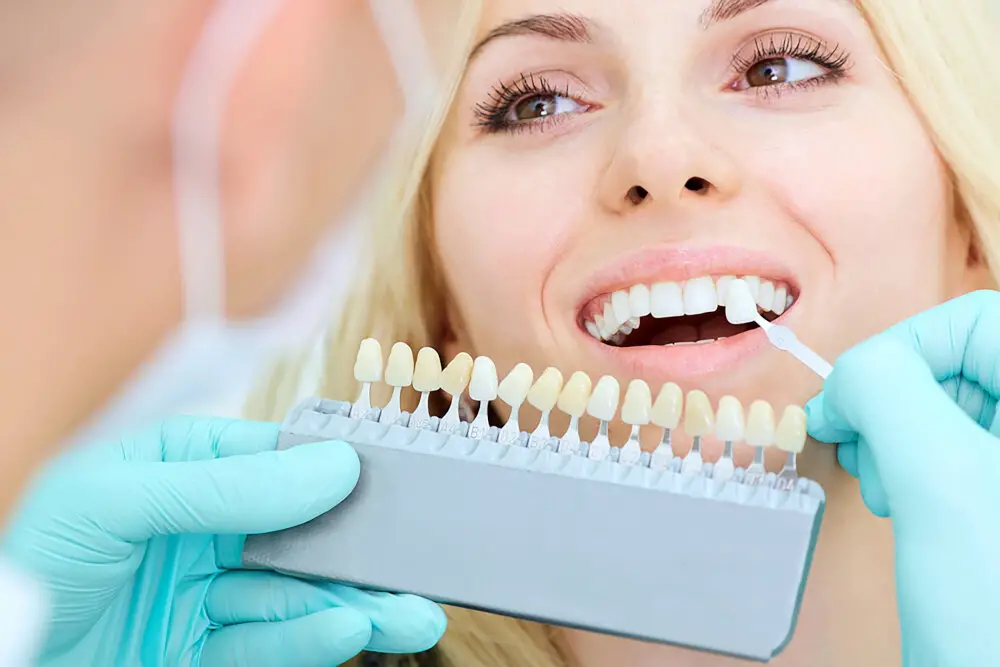
In conclusion, smoking after wisdom teeth removal is a risky and potentially harmful activity. It is advised to wait at least 72 hours before smoking to ensure proper healing and minimize the risk of developing complications. Even after the 72-hour mark, it is important to take precautions such as using a nicotine patch or gum to avoid inhaling smoke directly into the surgical site. It is also crucial to follow all post-operative instructions provided by your dentist or oral surgeon to ensure a smooth and successful recovery. Remember, taking care of your oral health is a priority and a crucial part of overall well-being. So, be mindful and patient when it comes to smoking after wisdom teeth removal.

